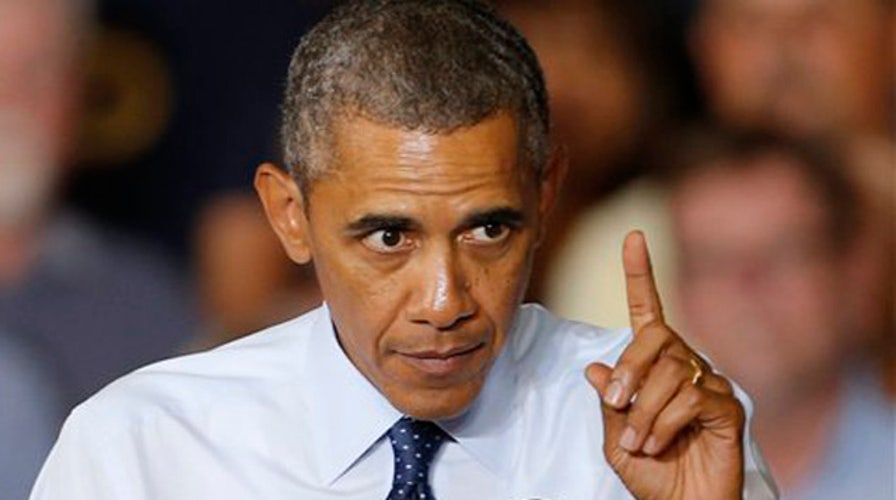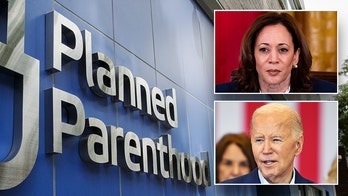Obama under pressure to prove he's a strong world leader?
President Obama faces high stakes before the U.N. General Assembly
On the heels of criticism over his handling of the stand-off with Syria, President Obama is facing pressure from Congress to stand his ground with Iran -- in the run-up to the U.N. General Assembly session in New York where Hassan Rowhani will make his debut visit as Iran's president.
Rowhani has sent signals over the last few weeks that he's willing to engage the U.S. in talks over his country's nuclear program. Obama revealed in an interview a week ago that he and the newly elected Iranian leader have been exchanging letters.
The communication raised the possibility that Obama, or perhaps Secretary of State John Kerry, might meet on the sidelines of the U.N. session, and jump-start a new round of talks aimed at convincing Iran to abandon any pursuit of nuclear weapons and open up its program to inspectors.
Kerry is expected to meet with Iran's new Foreign Minister Mohammad Javad Zarif during a U.N. gathering Thursday.
Sens. Bob Menendez, D-N.J., and Lindsey Graham, R-S.C., though, urged Obama to tread cautiously.
"Like you, we viewed the election of Hassan Rouhani as an indicator of discontent amongst the Iranian people and we have taken note of recent diplomatic overtures by Iran," they wrote. "However, whatever nice words we may hear from Mr. Rouhani, it is Iranian action that matters."
They wrote that a "credible and verifiable agreement" would be welcomed but "we also recall, however, Iran's prior use of negotiations as a subterfuge for progress on its clandestine nuclear program, as well as Iran's continued financing of terrorist activities."
They continued: "Iran is not a friend whose word can be taken as a promise. The test of Iranian seriousness must be verifiable action by Iran to terminate its nuclear weapons program."
The senators specifically called on Obama to use his U.N. speech to reiterate the U.S. position that the country will not allow Iran to achieve nuclear weapons capability, and that the U.S. demands "verifiable action" from Iran in order to reach a "diplomatic accord."
Sens. John McCain, R-Ariz., and Charles Schumer, D-N.Y., wrote Obama a similar letter, urging "that any diplomatic outreach to Iran reemphasize that the United States will not allow Iran to acquire a nuclear weapons capability and that any relief from crippling economic sanctions on Iran will only be provided if Iran takes meaningful and verifiable actions to halt its nuclear activities."
The White House has indicated an openness to resuming talks with Iran. However, officials said Monday that no meeting has yet been scheduled with the Iranians.
State Department spokeswoman Jen Psaki said Monday that "we hope that the new Iranian government will engage substantively with the international community to reach a diplomatic solution to Iran's nuclear program and to cooperate fully with the IAEA in its investigation. We remain ready to work with Iran should the Rowhani administration choose to engage seriously."
Iran's support for Syria's Bashar Assad has further complicated any attempt to re-start talks with the West over its nuclear program. Obama also recently backed off a threat of military action against the Assad regime in response to a chemical weapons attack, allowing a chance for the U.N. to draft a plan for Assad to instead turn over his chemical weapons.
But Rowhani has struck a more moderate tone since taking office, compared with that of his defiant predecessor Mahmoud Ahmadinejad.
He used a Washington Post op-ed last week to call for "constructive engagement" with the U.S.





